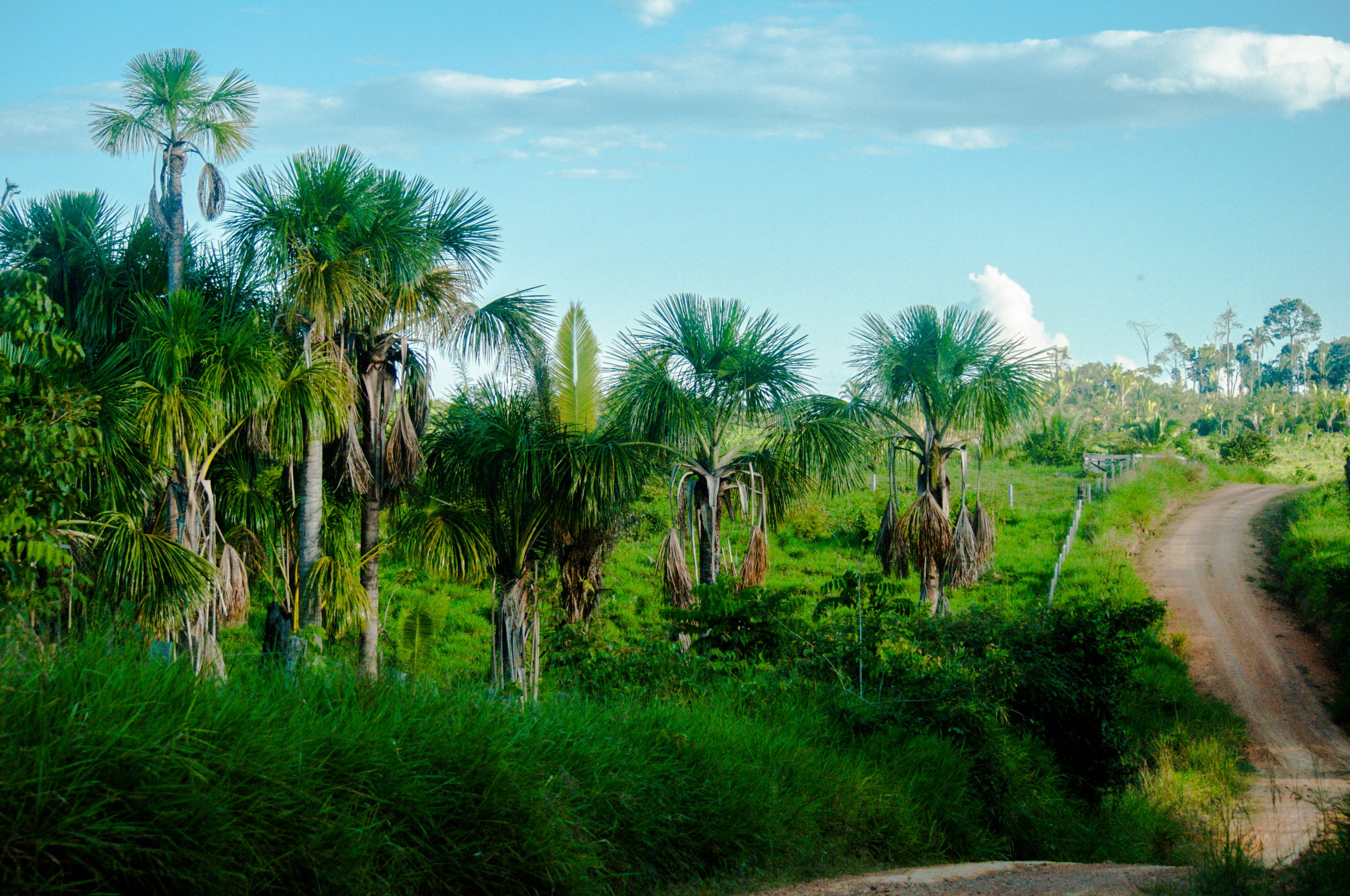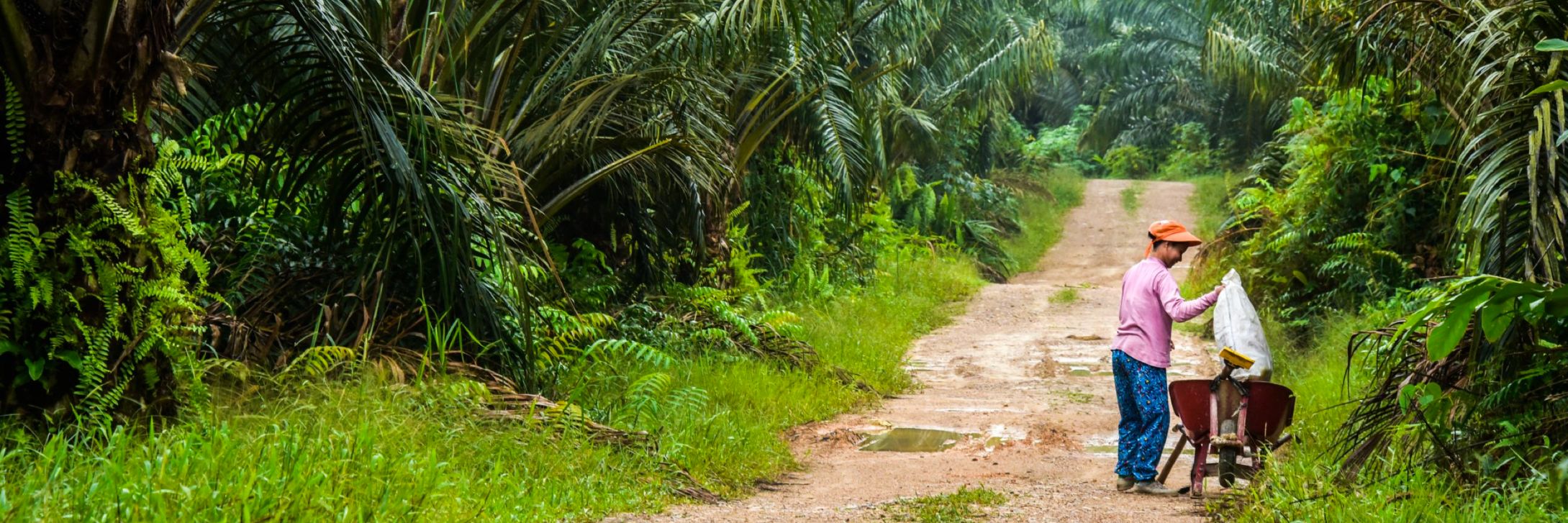Duration of engagment
Long (3+ years)
Cost
($-$$$)
Assessment of legal issues
($-$$$)
Engagement with communities, producers, and government on legal issues
($$-$$$$)
Support to legalization processes
($$-$$$$)
Incentives for legal and sustainable production
In the real world
Licensing smallholder farms paves the way for certification
To advance jurisdiction-wide palm oil certification, Unilever teamed up with Earth Innovation Institute, Yayasan Inovasi Bumi, the Central Kalimantan Provincial Government, and the Kotawaringin Barat District Government. This partnership helped a cooperative of smallholder oil palm producers in Pangkalan Tiga village transition to legal and RSPO certified production systems. Through the project, farmers obtain formal land certificates, business licenses, and environmental permits to bring their production into the legal economy. The approach to legalization leverages technology to accelerate land registration, including mobile phone apps and open source geospatial information systems (GIS). The project also provides capital to establish extension services to smallholders to facilitate sustainability certification, offtake agreements for certified products, and other incentives for sustainable production.
Guatemala’s milestone in palm oil certification
In a milestone toward achieving RSPO certification in Guatemala, Cargill, Oleon, and Palmas del Ixcán worked closely with Solidaridad to support smallholder palm oil farmers to legalize their operations. The partners conducted smallholder environmental impact assessments, then submitted these to the Guatemalan government, which issued 91 environmental licenses.
Key points for companies
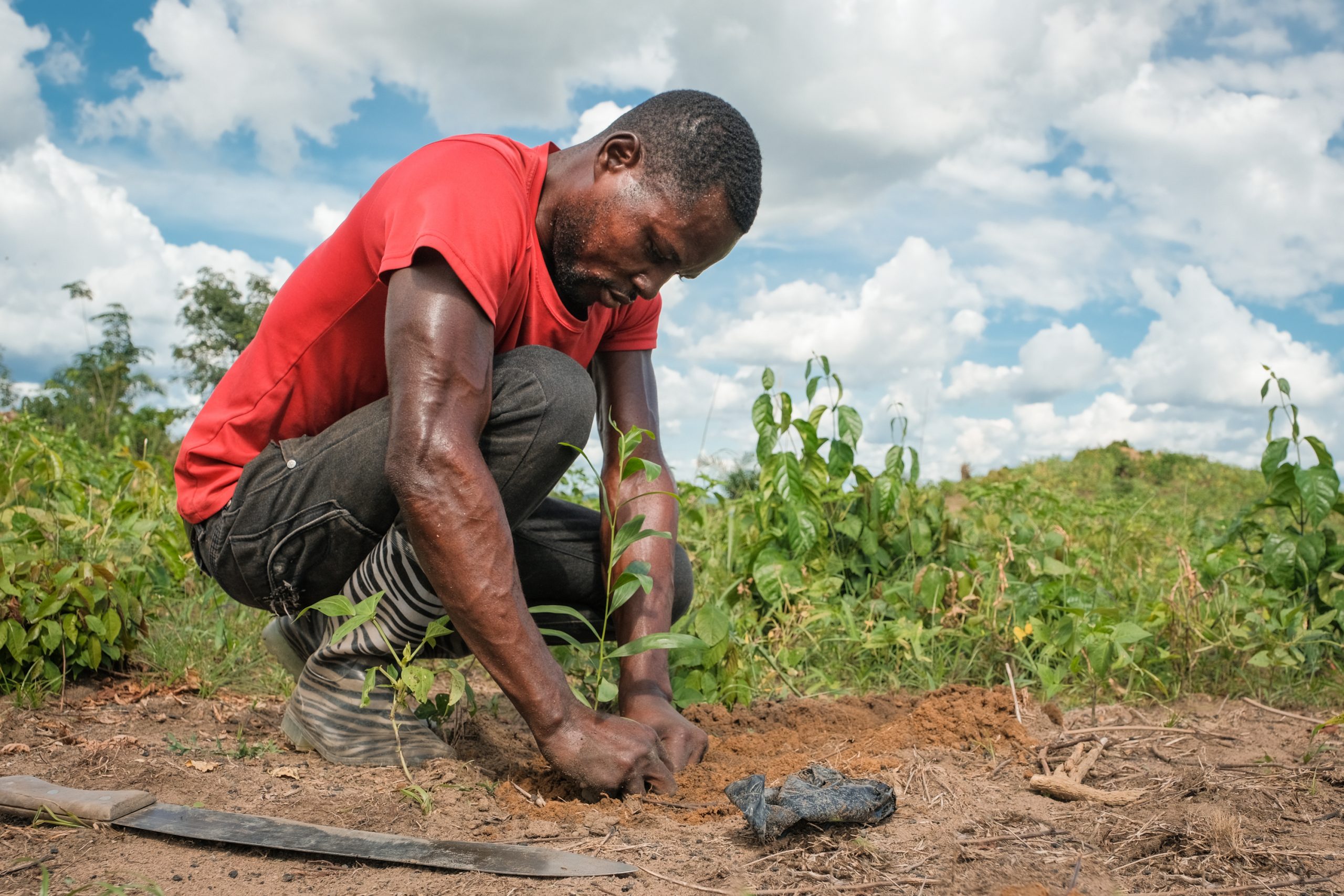
Determine whether the target landscape/jurisdiction has set a goal around legalizing commodity production. If so, companies should align their efforts with the L/JI’s goals and geographic priorities. Alignment could mean redirecting and/or expanding current legalization support or investing in programs delivered by others. Upstream companies with robust farmer outreach and hands-on training capacities may take on leading roles, while downstream companies are better positioned to provide funding and support legalization efforts from a distance.
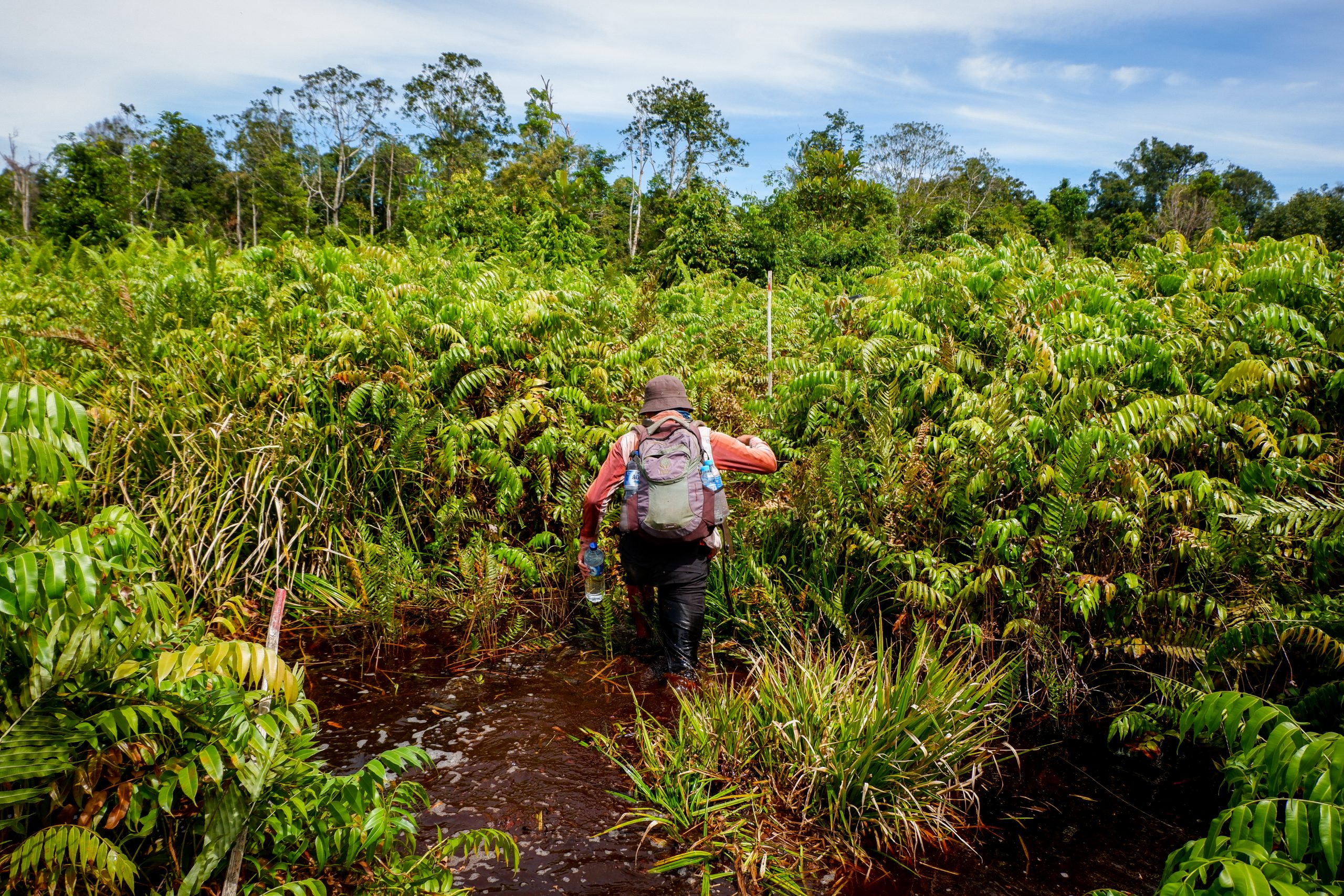
Assess the legal issues related to land tenure and identify the most significant obstacles to sustainable production. Multi-stakeholder working groups can offer diverse expertise and experience, while companies can provide legal expertise to identify bottlenecks and regulatory challenges that hinder legalization of smallholder production.
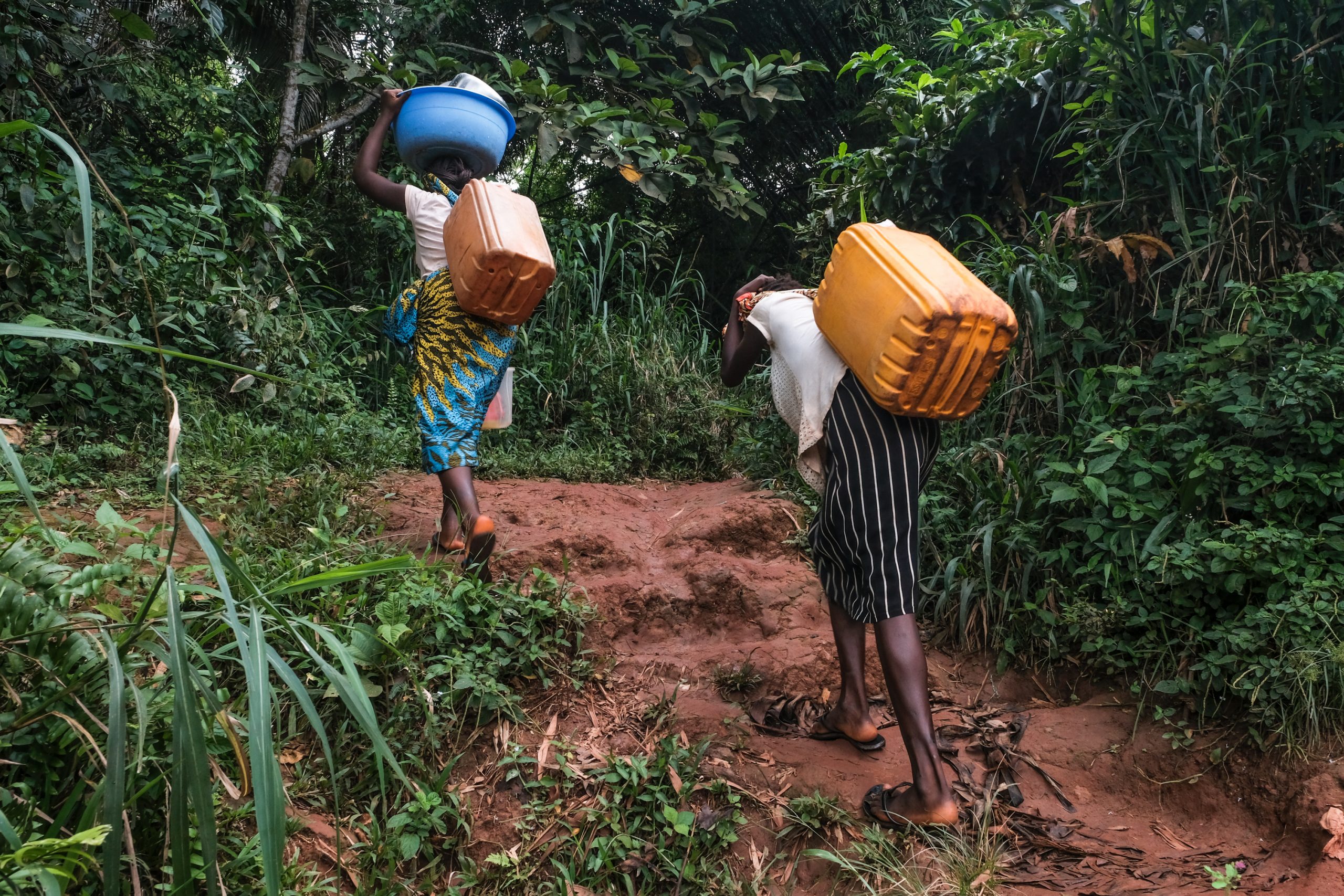
Clarify how legalization will contribute to sustainable conservation and production goals:
- Inside forest reserves, recognize land claims of Indigenous Peoples.
- Outside forest reserves, customary land tenure may conflict with government titling, or private land titling may be incomplete. In either case, the lack of clear land rights can create an informal and insecure land market that undermines incentives for individuals, cooperatives, and small enterprises to invest in sustainable production. Clarifying and formalizing tenure can support the security and sustainability of commercial production.
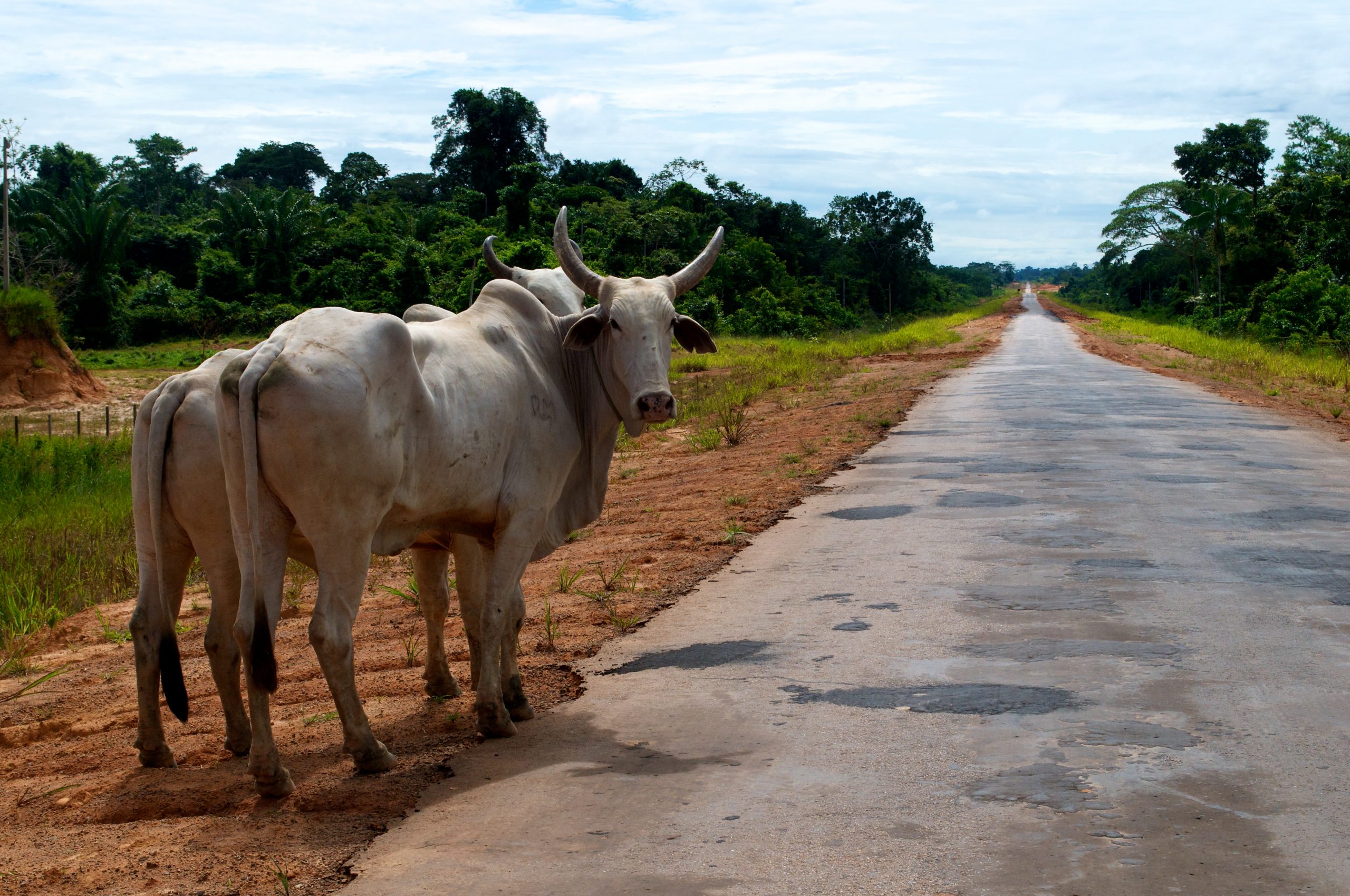
Government agencies play a central role in galvanizing and legitimizing any multi-stakeholder legalization initiative. If agencies with authority over land rights are not already part of the multi-stakeholder group, participating agencies or companies with the right relationships can wrap them into the discussions.
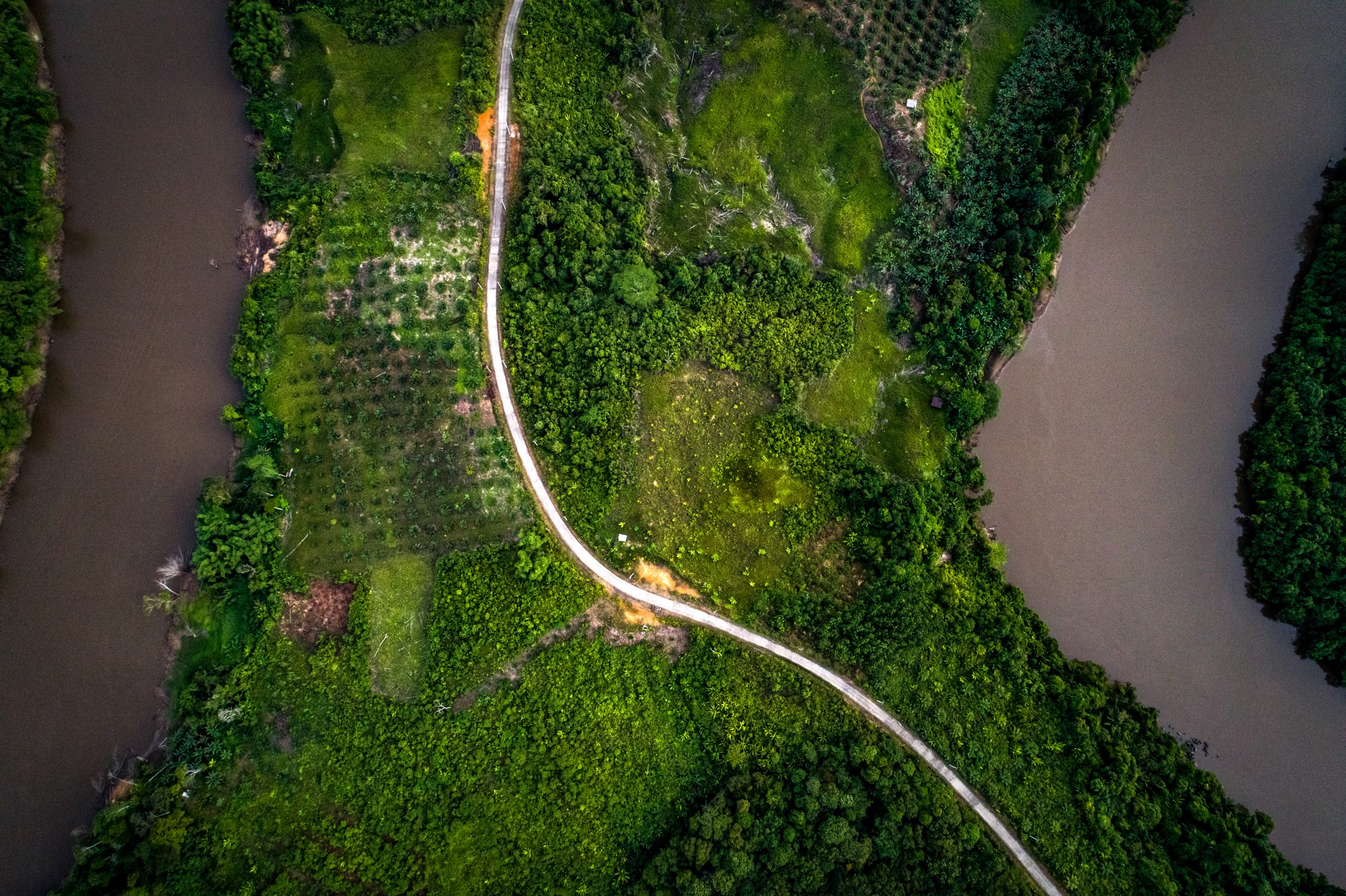
To resolve legal issues, companies should prepare to do substantial outreach, support, and dialogue.
- To help resolve tenure conflicts, companies can provide funding for technical expertise, mediation, and other services.
- Where there is informal production, companies can incentivize farmers and local traders to register and become licensed by committing to purchase from them, and/or by offering other services and support.
- Companies can also advocate with government agencies to simplify administrative requirements for small-scale commercial production.
External conditions that improve likelihood of success
- Political will and support from government regulators of land and agriculture
- Multi-stakeholder participatory design of the intervention
- Land use planning and zoning at local and jurisdictional levels to ensure legalization focuses on land that can support sustainable agriculture, and does not creates new incentives for deforestation
- Beneficiaries of legalization can access incentives and capacity building to become sustainable producers

The business case for this intervention
- By legalizing commodity production, companies can make progress on their sustainability goals, particularly for commodity sectors in which smallholder production comprises a significant share of overall production (including oil palm, coffee, cacao, rubber, and timber).
- Companies that invest in legalization can increase the availability, diversity, and reliability of supply of sustainably produced products.
- Companies can attribute multiple co-benefits and value added to modest supply chain investments, including enhanced food and water security, health, education, and general socioeconomic well-being of participating farmers.
